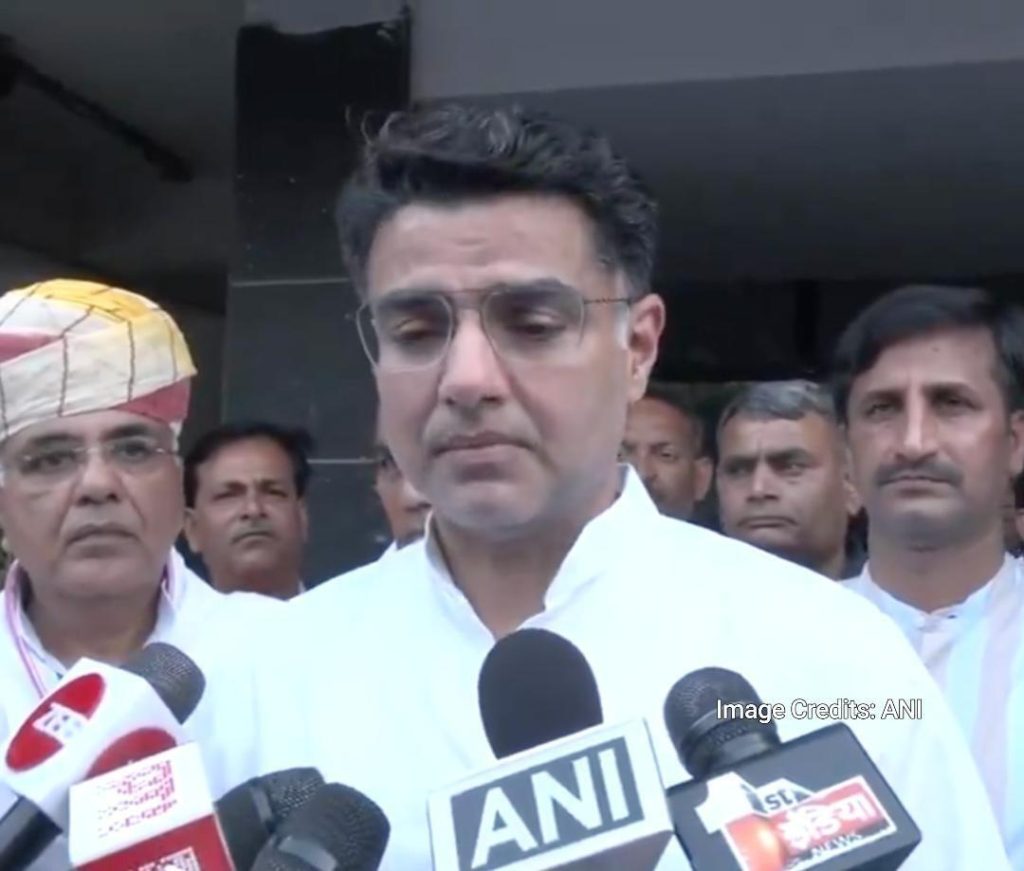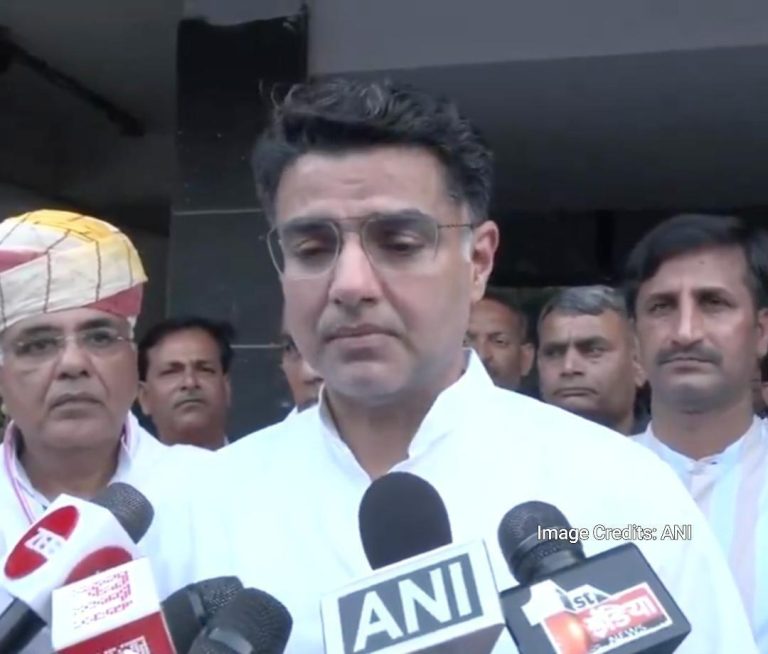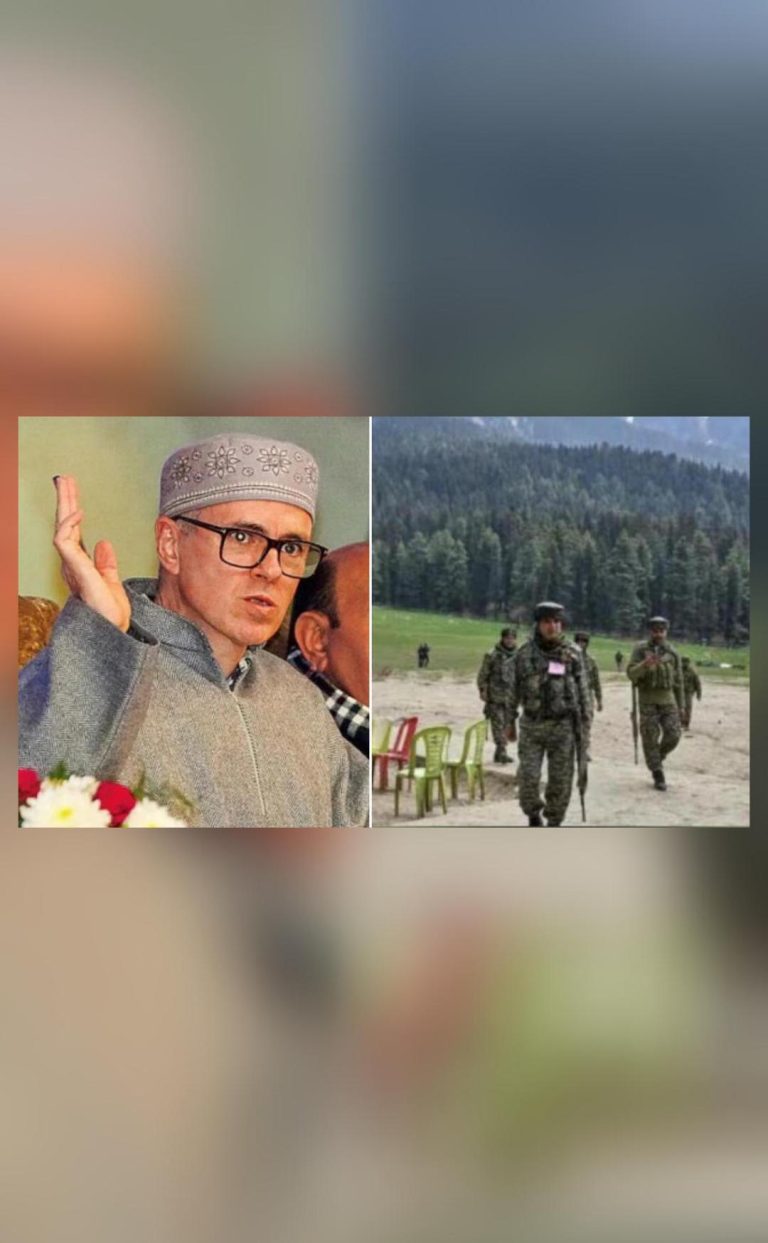
Govt Accepted There Was a Security Failure: Pilot on J&K Attack
The recent terrorist attack in Pahalgam, Jammu and Kashmir, has sent shockwaves across the country, leaving many wondering how such an incident could occur. The attack, which left several people injured, has raised questions about the security measures in place to prevent such incidents. In a recent statement, Congress leader Sachin Pilot shed light on the issue, stating that there must have been some loophole in the security system that allowed the terrorists to enter India.
“It is clear that there must have been some loophole, and the government has accepted it,” Pilot said in a statement. “There must be an investigation on how these terrorists entered India. But this is not the time to blame anyone. We should stand together and give a befitting reply.”
Pilot’s statement comes as a stark reminder that the government has acknowledged a security failure, and that an investigation is necessary to prevent such incidents in the future. The attack on Pahalgam, which is a popular tourist destination, has sent a chilling message to the people of Jammu and Kashmir, and has raised concerns about the security measures in place to protect the state.
The attack, which took place on [date], was carried out by a group of terrorists who infiltrated the area from across the border. The terrorists, who were reportedly armed with automatic weapons, fired indiscriminately at the crowd, leaving several people injured. The attack was widely condemned by politicians and citizens alike, with many calling for stricter security measures to be put in place to prevent such incidents.
Pilot’s statement is a clear indication that the government is taking the attack seriously, and is committed to investigating how the terrorists were able to infiltrate the area. The Congress leader’s call for unity and a befitting response is a timely reminder that the people of Jammu and Kashmir should stand together in the face of adversity, and work towards creating a safer and more secure environment.
The attack on Pahalgam is just the latest in a series of incidents that have highlighted the need for improved security measures in Jammu and Kashmir. In recent years, the state has seen a surge in terrorist attacks, which have claimed the lives of hundreds of people. The attacks, which have been carried out by various terrorist groups, have raised concerns about the security measures in place to protect the state.
The government has taken several steps to improve security in Jammu and Kashmir, including increasing the number of security personnel in the state, and implementing stricter security measures at checkpoints and border crossings. However, despite these efforts, the state continues to be plagued by terrorist attacks, which have left many people dead or injured.
The attack on Pahalgam is a stark reminder that more needs to be done to improve security in Jammu and Kashmir. The government must take immediate action to investigate how the terrorists were able to infiltrate the area, and must implement stricter security measures to prevent such incidents in the future.
In addition to improving security measures, the government must also work towards addressing the underlying causes of terrorism in Jammu and Kashmir. The state has been plagued by decades of conflict, which has left many people displaced and without access to basic necessities such as food, shelter, and healthcare. The government must work towards addressing these issues, and must provide support to those who have been affected by the conflict.
In conclusion, the recent terrorist attack in Pahalgam, Jammu and Kashmir, is a stark reminder of the need for improved security measures in the state. The government’s acknowledgment of a security failure, and its commitment to investigating how the terrorists were able to infiltrate the area, is a welcome step towards creating a safer and more secure environment. However, more needs to be done to address the underlying causes of terrorism in Jammu and Kashmir, and to provide support to those who have been affected by the conflict.



